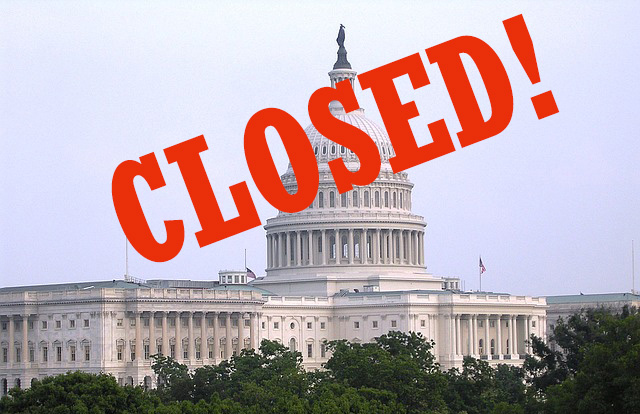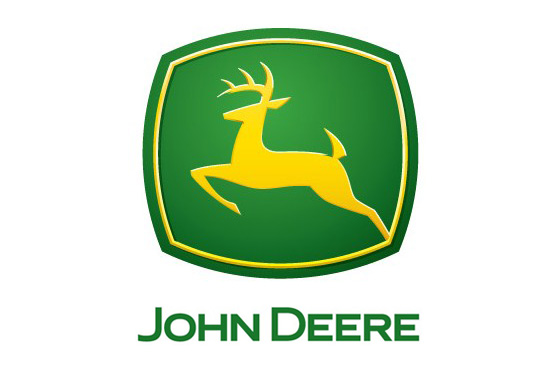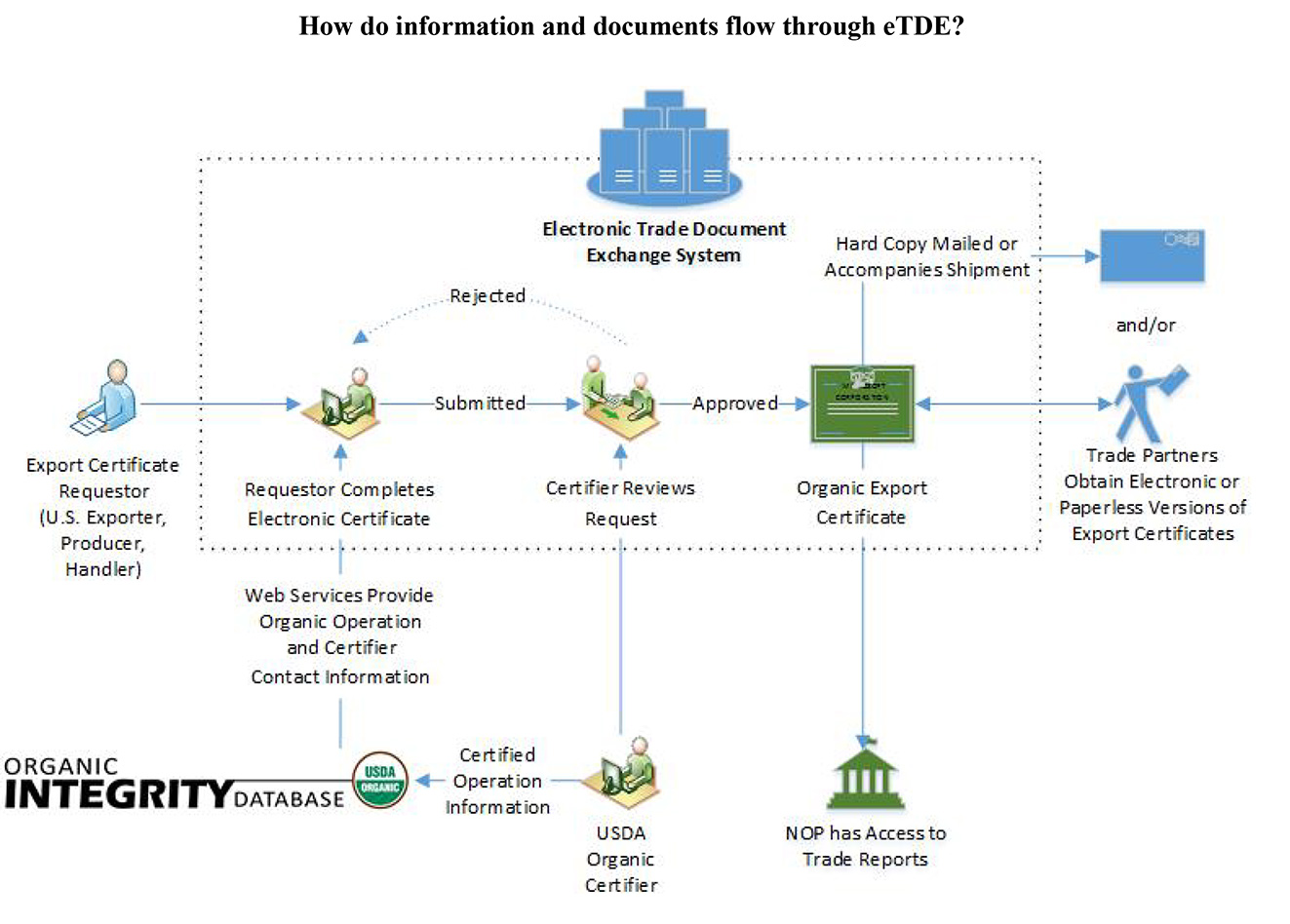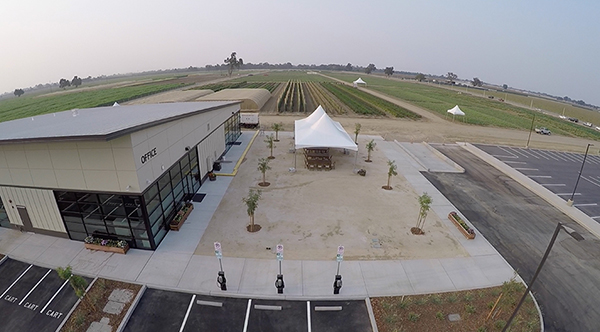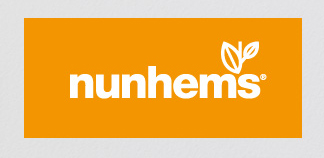Sakata Seed America announced phase one completion of their new Woodland Innovation Center: a new research and production facility in Woodland, California.
The Woodland Innovation Center is a culmination of infrastructure and land that enables Sakata Seed America to consolidate and expand R&D and production practices on a single, state-of-the-art campus, flexible for future expansion.
The Sakata Seed America Woodland Innovation Center is an $18.5M investment comprised of 219 acres in Yolo county. Sixteen of the acres house four main buildings designed by local principal Stantec Architecture architect, Matthew Shigihara. The four main buildings including: the Head House, a shop for research and development that allows for washing and drying of breeder seed; multiple greenhouses for trialing important Sakata crops, like Hot Pepper, Sweet Pepper, Tomato, Watermelon and Melon; the Farm Shop, used for production maintenance and equipment, drying of seed, and other farm related activities; the Washery building for washing, fluming, and drying all types of wet seed attached to the Warehouse, a 25,000 square foot space housing the latest technology in seed processing equipment and a LEED certified office building.
The facility will be officially inaugurated on Thursday, September 13, when Sakata will host a Grand Opening celebration at the facility’s Farm Shop. Attendees will include Dave Armstrong, President of Sakata Seed America, Hiroshi Sakata, President of Sakata Seed Corporation as well as California state assembly members, Japanese consulate, media and Sakata customers. The event will be catered by a local chef utilizing Sakata products grown on site, and include a virtual tour of the site, as well as Japanese drummers and a traditional Japanese Sake Ceremony.

